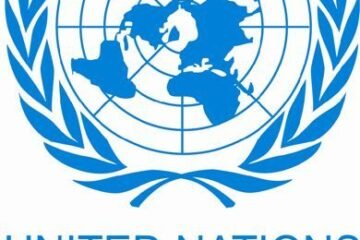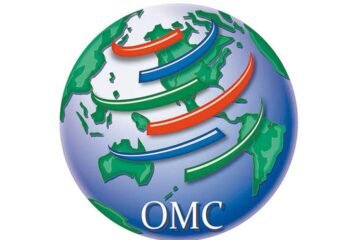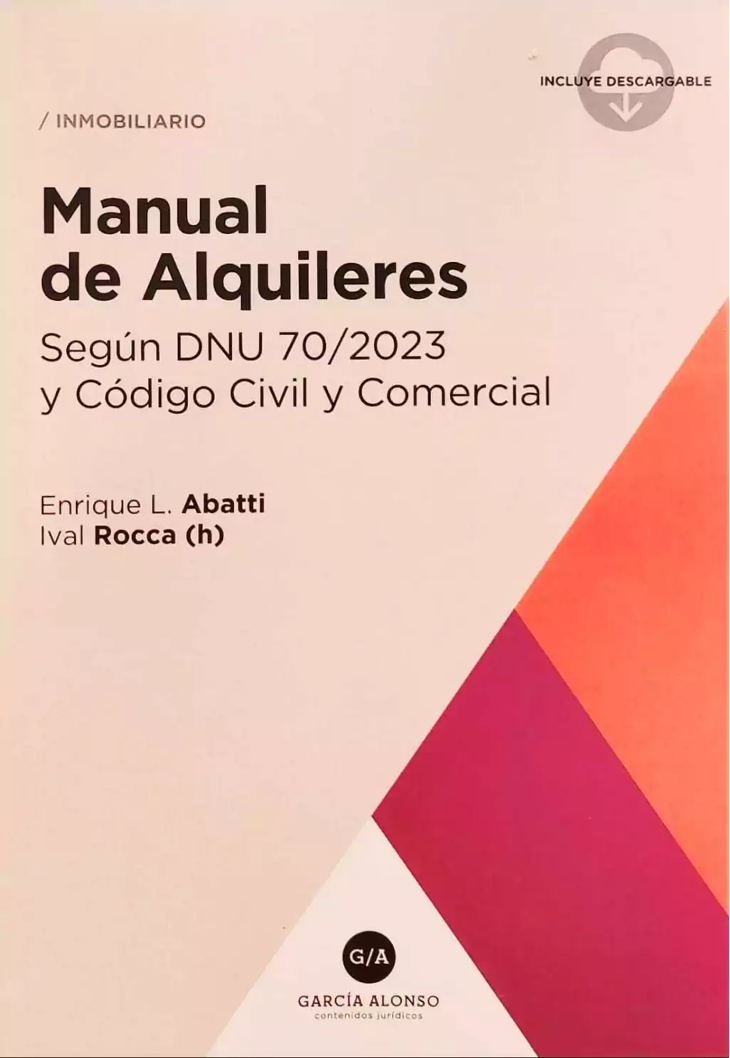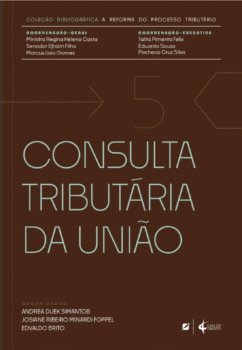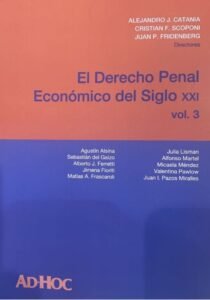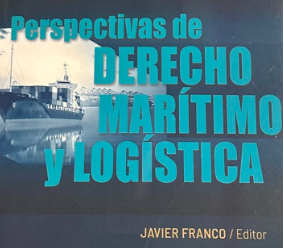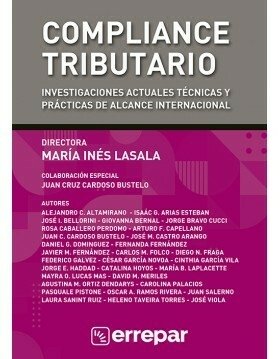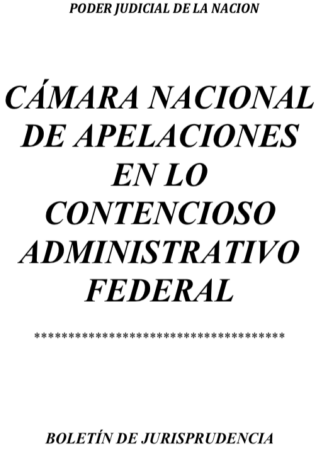Más cooperación internacional en torno a los datos, el análisis y la reforma de las subvenciones

Se necesita una mayor cooperación internacional para mejorar la información y los análisis relativos a las subvenciones y su repercusión, lo que a su vez contribuiría a los esfuerzos encaminados a reforzar las disciplinas en materia de subvenciones y a reducir las fricciones comerciales que genera su utilización. Esa es la conclusión principal de un nuevo informe conjunto publicado el 22 de abril por equipos del Fondo Monetario Internacional, la Organización de Cooperación y Desarrollo Económicos, el Banco Mundial y la OMC.
The report, “Subsidies, Trade, and International Cooperation”, cites the importance of broad-based international cooperation on subsidies in order to bring greater transparency, openness and predictability to global trade.
“Subsidies appear to be widespread, growing, and often poorly targeted at their intended policy objectives,” the report notes. “Beyond raising economic efficiency concerns, this situation is spurring the use of unilateral trade defense measures, eroding public support for open trade, and contributing to severe trade tensions that impede progress on other global trade priorities.”
“Governments should work expeditiously to clarify and strengthen international disciplines around subsidies while recognizing the important roles that well-designed subsidies can play in some circumstances,” the report adds.
In welcoming the report, WTO Director-General Ngozi Okonjo-Iweala noted that subsidies and their international dimensions make for “complex subject matter.” She noted that while “subsidies can clearly be an important tool to address market failures, examples abound where subsidies do little to achieve their intended goal, or do so at an unnecessarily high cost, domestically, abroad or with regard to the global commons.”
“In building a broad coalition of interests across borders, it should be possible to improve the effectiveness of subsidies, and limit any negative international spillovers from their use,” she added. “A better grasp on the prevalence of subsidy programmes and their effects can help develop and shape the necessary rules.”
The joint staff team report cites good reasons for stepping up international cooperation at this time. The renewed drive toward industrial policies to promote “strategic” sectors may distort international competition, especially against smaller, fiscally constrained developing countries. In addition, with the frequency and complexity of distortive subsidies increasing, even as the need grows for active policies to address climate, health, food, and other emergencies, subsidies and the subsidies debate have brought significant discord to the trading system.
One major message from the report is that information on subsidies overall is weak.
“With the exception of agriculture, most data available for a broad scope of countries and sectors … have important shortcomings,” the report notes. Evidence on the scope and scale of government support in industrial sectors in particular “remains relatively scarce”. Additionally, while many subsidy programmes are related to services, “comprehensive data on their nature and extent are lacking”.
The report argues that existing international rules provide a strong basis for regulating subsidies for goods, including the WTO Agreement on Subsidies and Countervailing Measures (ASCM) and the WTO Agreement on Agriculture. Many major countries also adhere to the disciplines of the OECD Export Credit Arrangement.
Nevertheless, both longstanding and recently exposed gaps remain in these international rules. Extensive trade-distorting domestic farm subsidies are still allowed in many cases, and WTO members have yet to agree on special disciplines for harmful fisheries subsidies that contribute to overfishing. Some members also consider that the ASCM inadequately captures certain subsidy practices, including the market-distorting effects of state-owned enterprises.
Developments such as the emergence of global value chains, digital markets and related network concentration effects, the global importance of economies in which the state plays a central role, the urgent challenge of climate change, and the recognition that well-crafted subsidies can be an important part of the public response to economic and health emergencies “make the issue of subsidies in the trading system both more complex and more urgent”.
In many of these areas, better information, more extensive objective analysis, and regular dialogue can help governments accelerate reform of their own subsidies and expedite negotiations toward improved international disciplines. The IMF, OECD, World Bank and the WTO are examining ways to help in this effort, such as by collecting, organizing and sharing data, coordinating analytical work agendas to develop methodologies to assess the cross-border effects of different forms of subsidies, and supporting inter-governmental dialogues.
“Improved transparency and analysis, more robust inter-governmental consultation, and strengthened international rules can be expected to reduce the use of harmful subsidies and to improve their design — leading to better outcomes with fewer negative effects at home or abroad,” the report concludes.
Fuente: OMC




